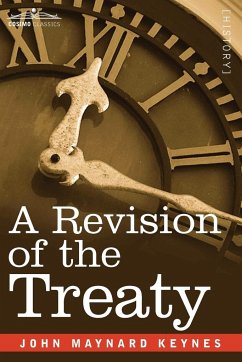
A Revision of the Treaty
Versandkostenfrei!
Versandfertig in 1-2 Wochen
20,99 €
inkl. MwSt.
Weitere Ausgaben:

PAYBACK Punkte
10 °P sammeln!
OF INTEREST TO: readers of 20th-century history, students of economics I do not admit error in having based The Economic Consequences of the Peace on a literal interpretation of the Treaty of Versailles, or in having examined the results of actually carrying it out. I argued that much of it was impossible; but I do not agree with many critics, who held that, for this very reason, it was also harmless. -from "The State of Opinion" Almost immediately after its ratification, it became clear that the Treaty of Versailles, ending World War I, was at least partly unworkable-and in this 1922 work, fa...
OF INTEREST TO: readers of 20th-century history, students of economics I do not admit error in having based The Economic Consequences of the Peace on a literal interpretation of the Treaty of Versailles, or in having examined the results of actually carrying it out. I argued that much of it was impossible; but I do not agree with many critics, who held that, for this very reason, it was also harmless. -from "The State of Opinion" Almost immediately after its ratification, it became clear that the Treaty of Versailles, ending World War I, was at least partly unworkable-and in this 1922 work, famed economist John Maynard Keynes dissected the problems he saw as the Treaty was being put into practice. In what he called a sequel to his 1919 book The Economic Consequences of the Peace, Keynes discusses: . the debate over German reparations . the legality of occupying Germany east of the Rhine . the division of reparations among the allies . how to best handle inter-ally debt . and more... British economist JOHN MAYNARD KEYNES (1883-1946) also wrote The End of Laissez-Faire (1926), The Means to Prosperity (1933), and General Theory of Employment, Interest and Money (1936). ALSO FROM COSIMO: Keynes's A Treatise on Probability and Indian Currency and Finance




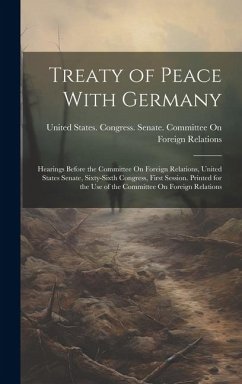
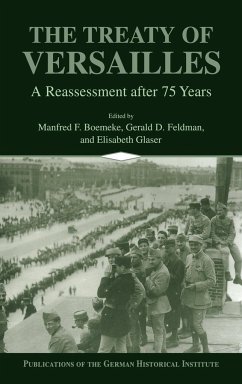
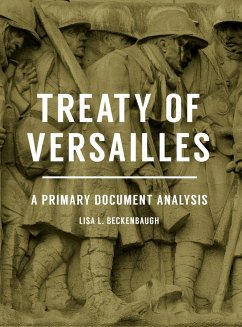
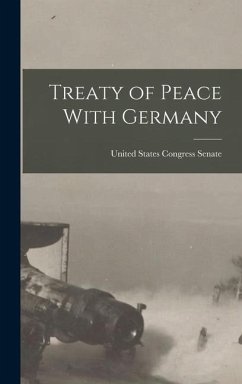
![History of Northampton County [Pennsylvania] and the Grand Valley of the Lehigh Under Supervision and Revision of William J. Heller, Assisted by an Advisory Board of Editors..; Volume 2 Cover History of Northampton County [Pennsylvania] and the Grand Valley of the Lehigh Under Supervision and Revision of William J. Heller, Assisted by an Advisory Board of Editors..; Volume 2](https://bilder.buecher.de/produkte/67/67190/67190723n.jpg)
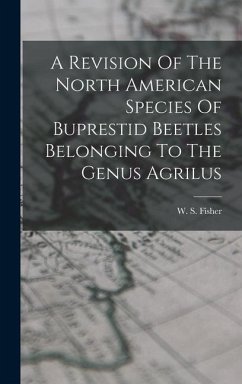
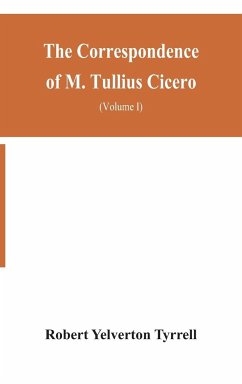
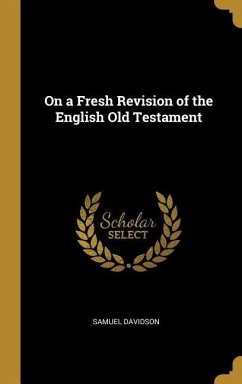
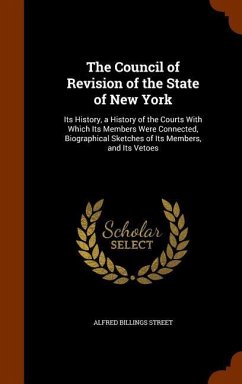
![History of Northampton County [Pennsylvania] and the Grand Valley of the Lehigh Under Supervision and Revision of William J. Heller, Assisted by an Ad Cover History of Northampton County [Pennsylvania] and the Grand Valley of the Lehigh Under Supervision and Revision of William J. Heller, Assisted by an Ad](https://bilder.buecher.de/produkte/67/67228/67228409n.jpg)